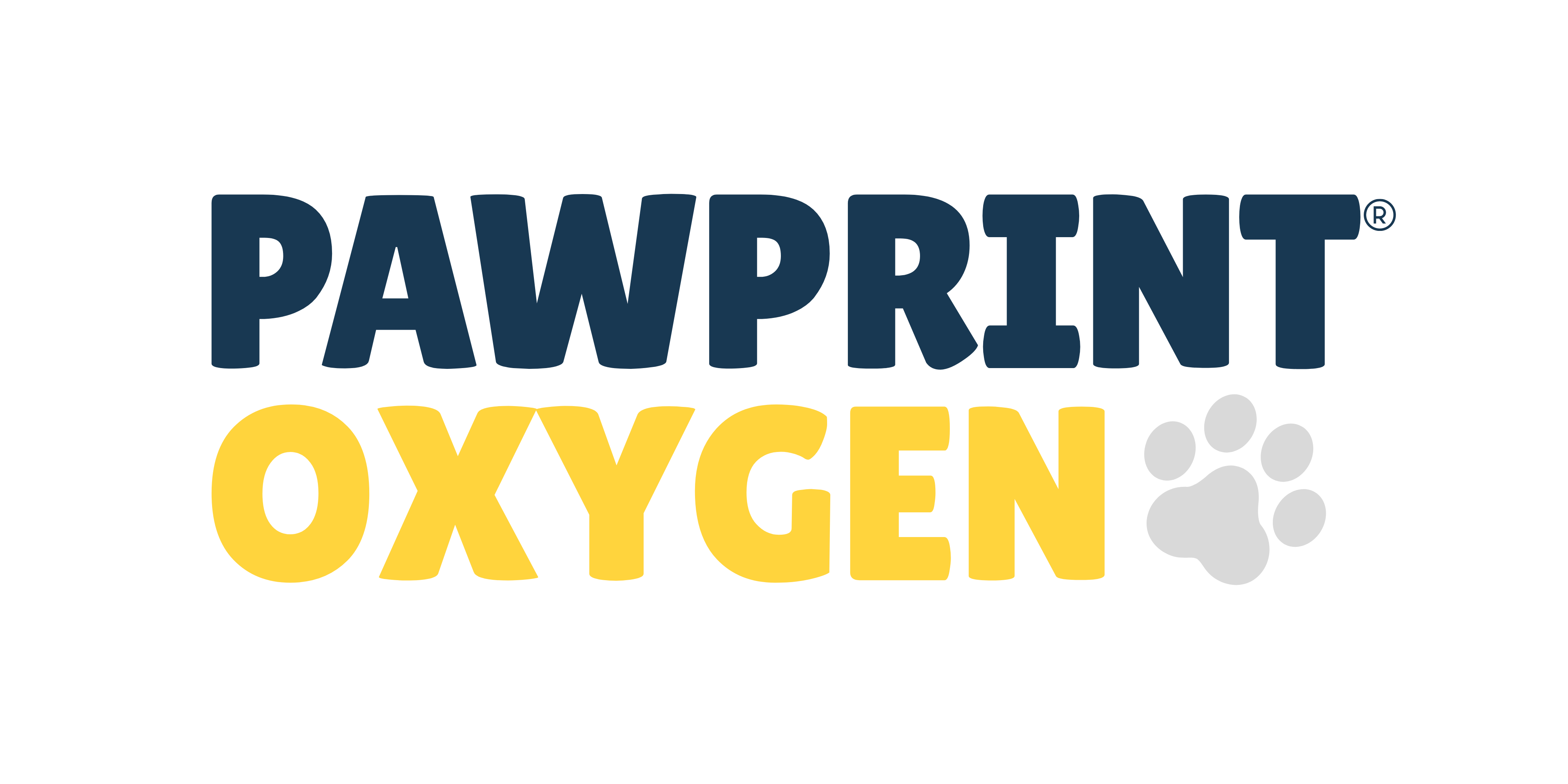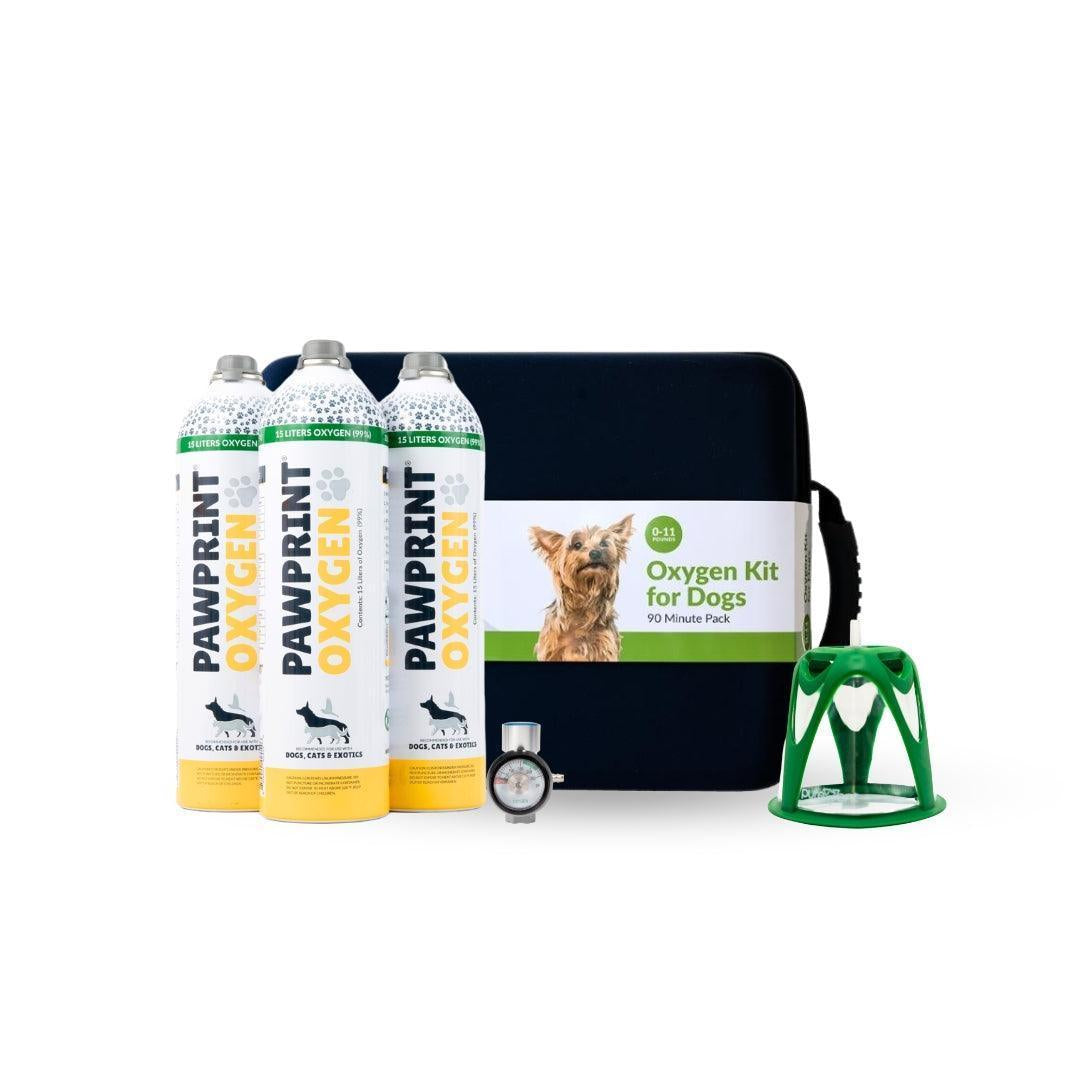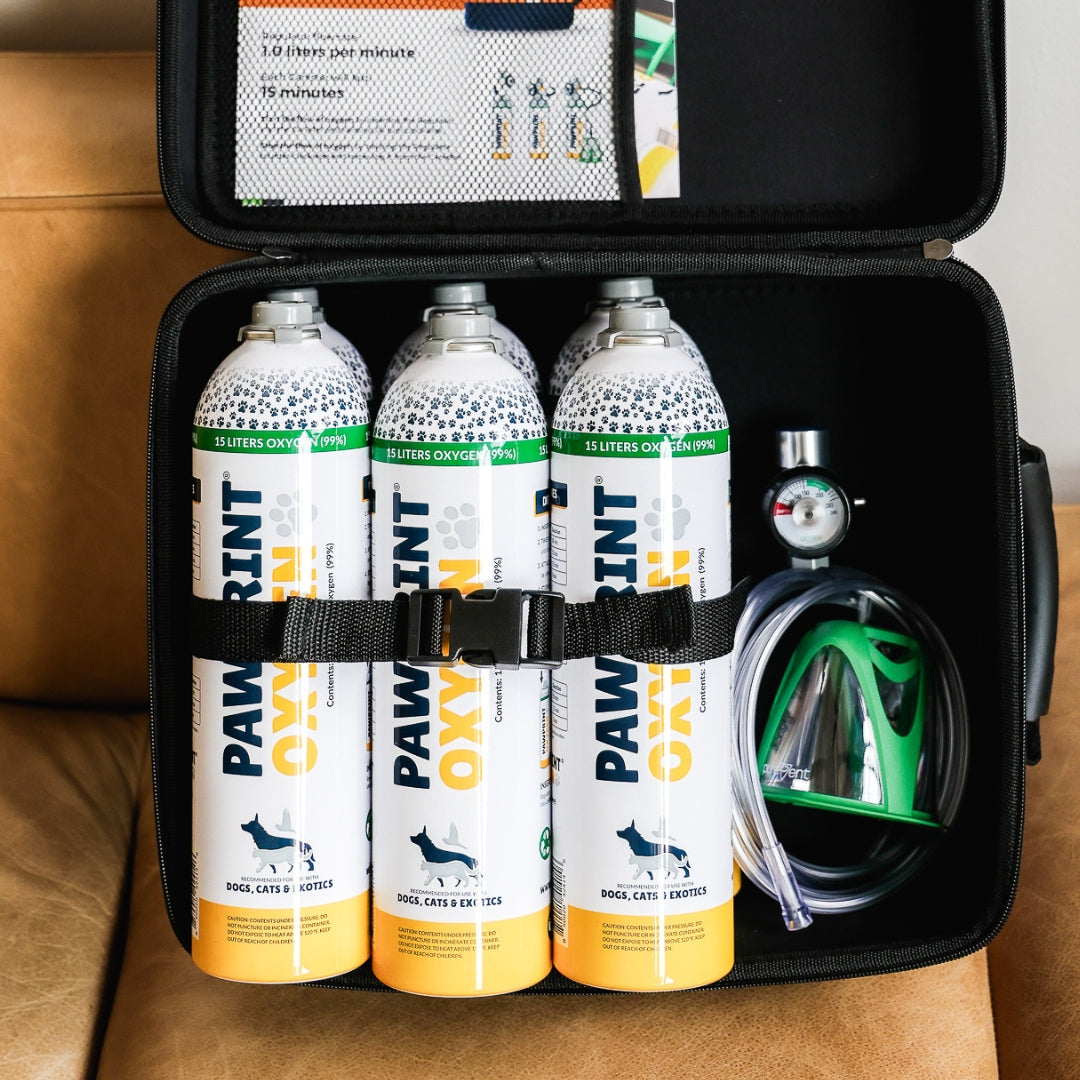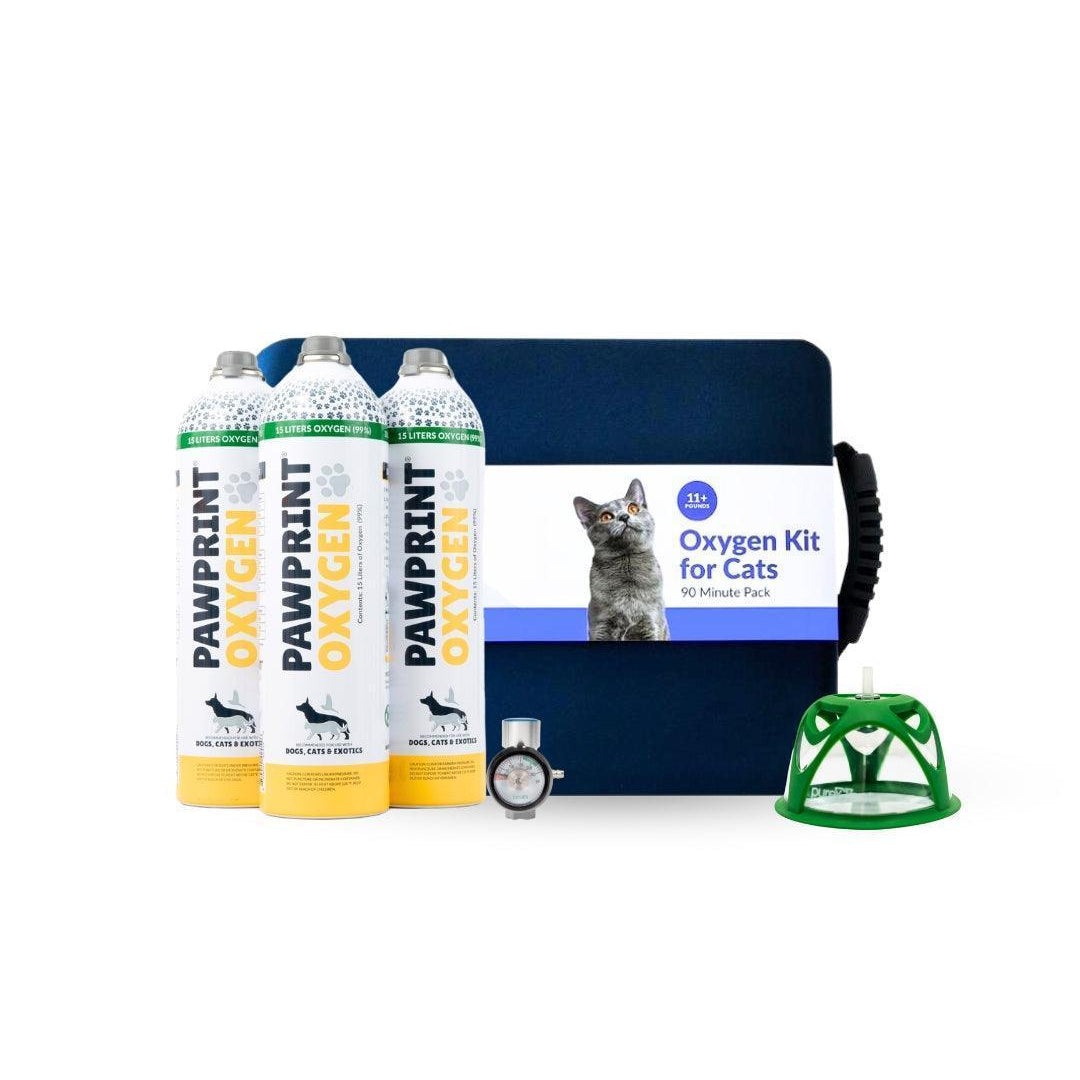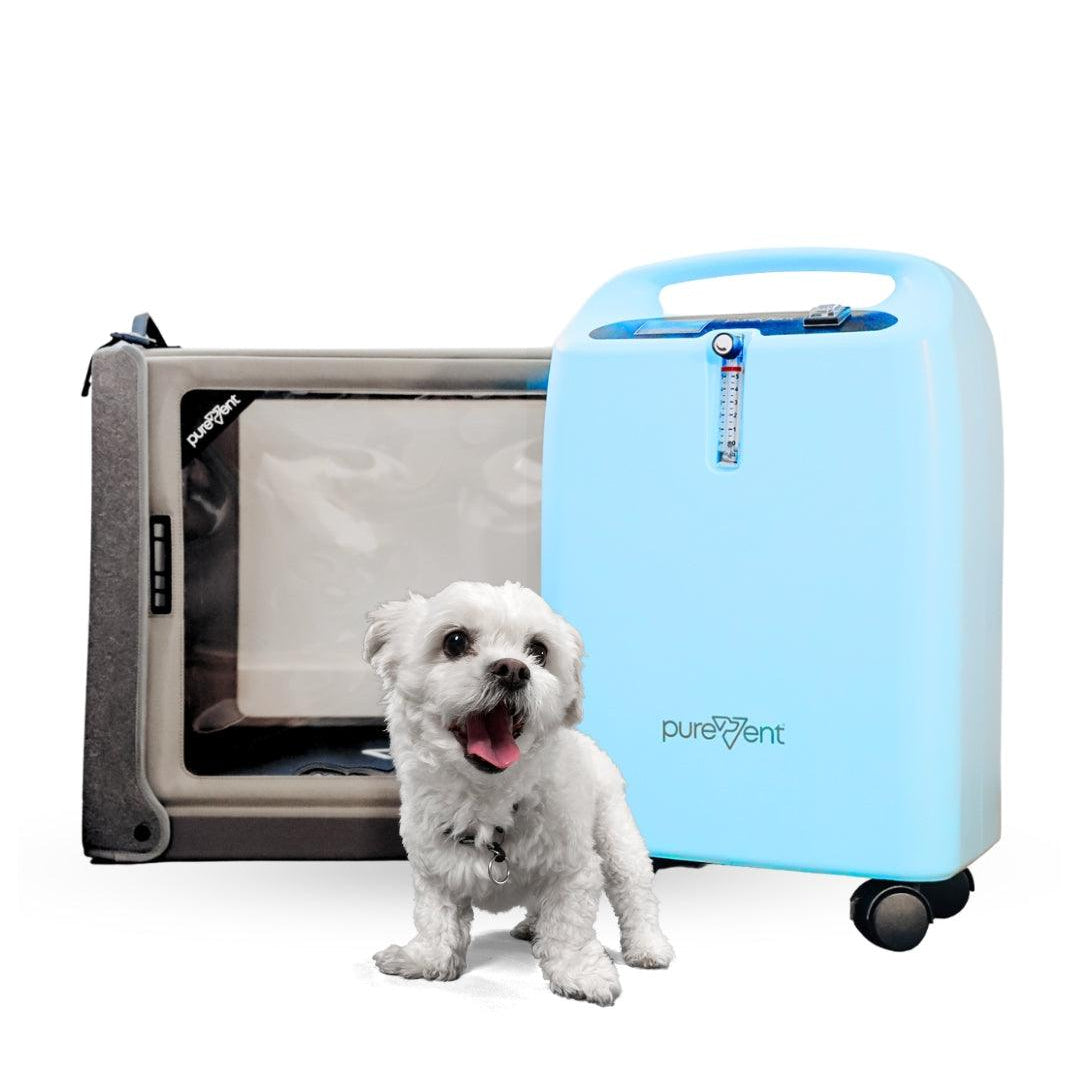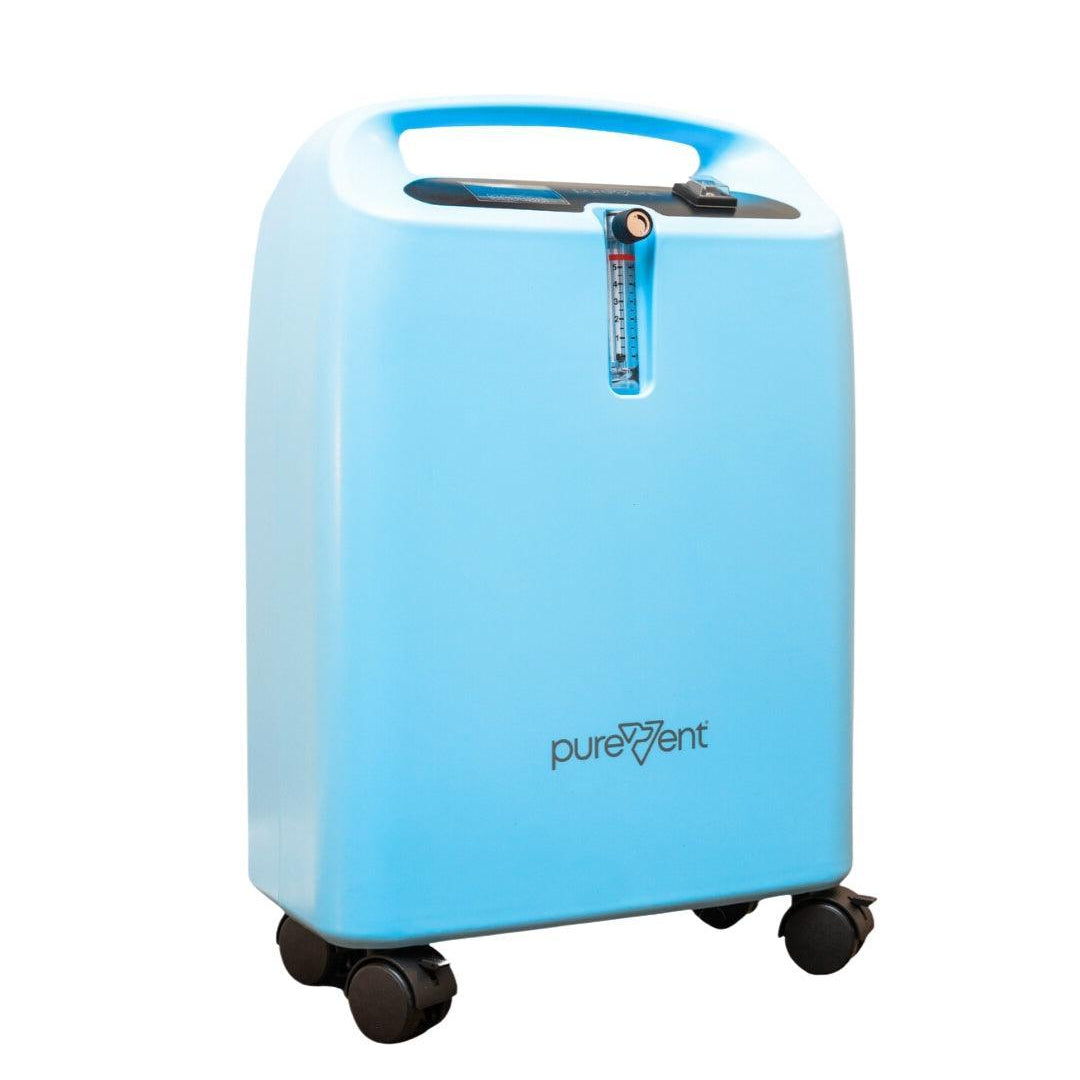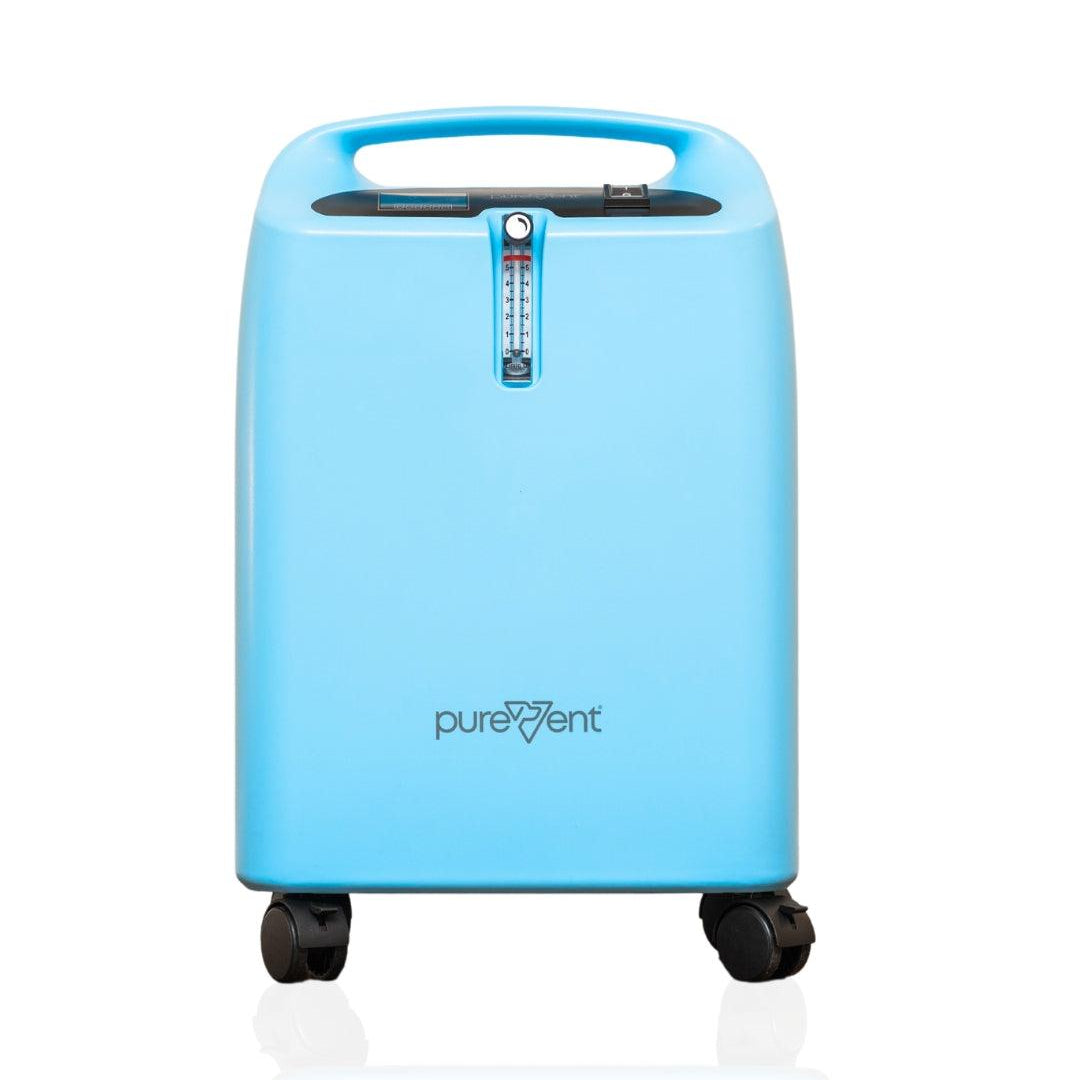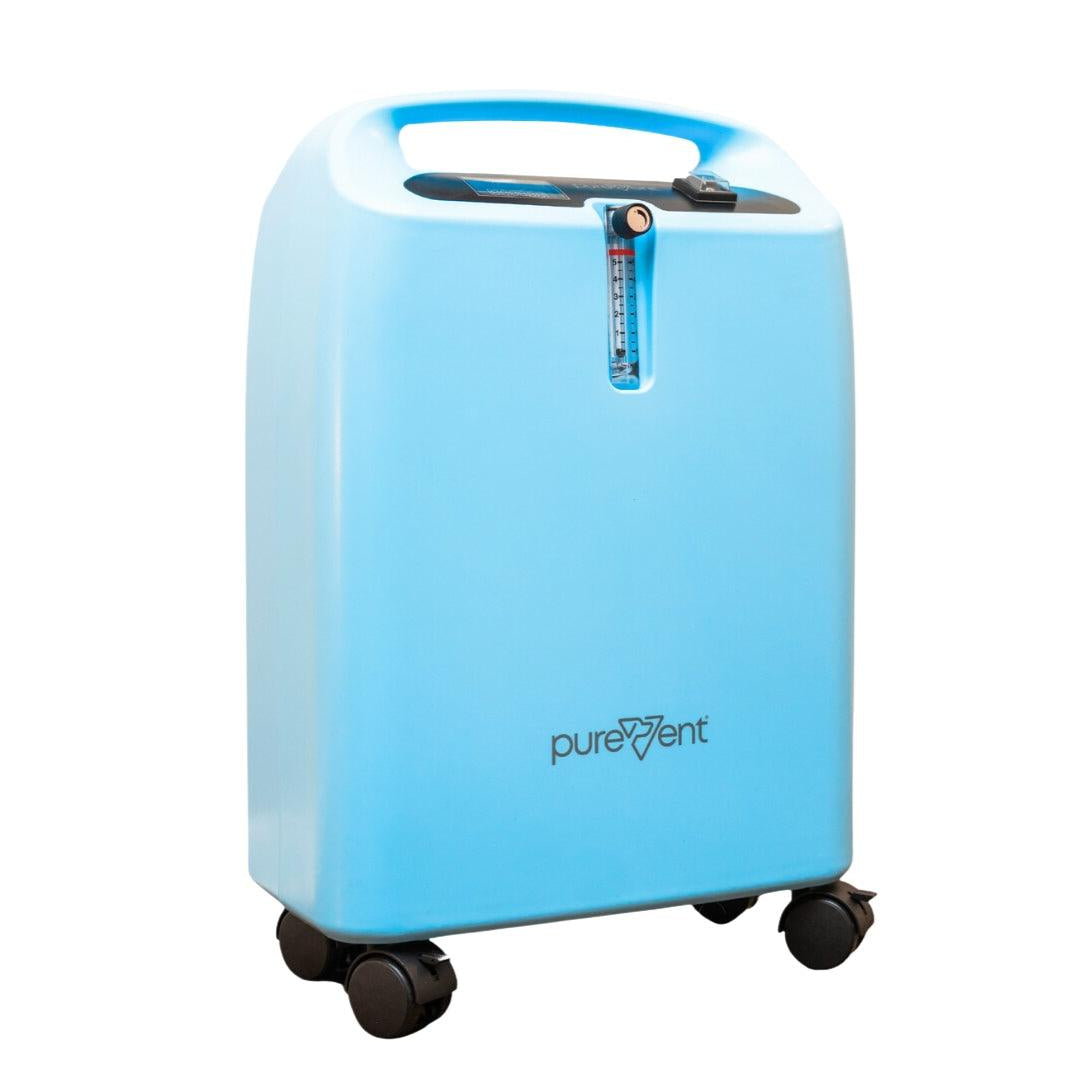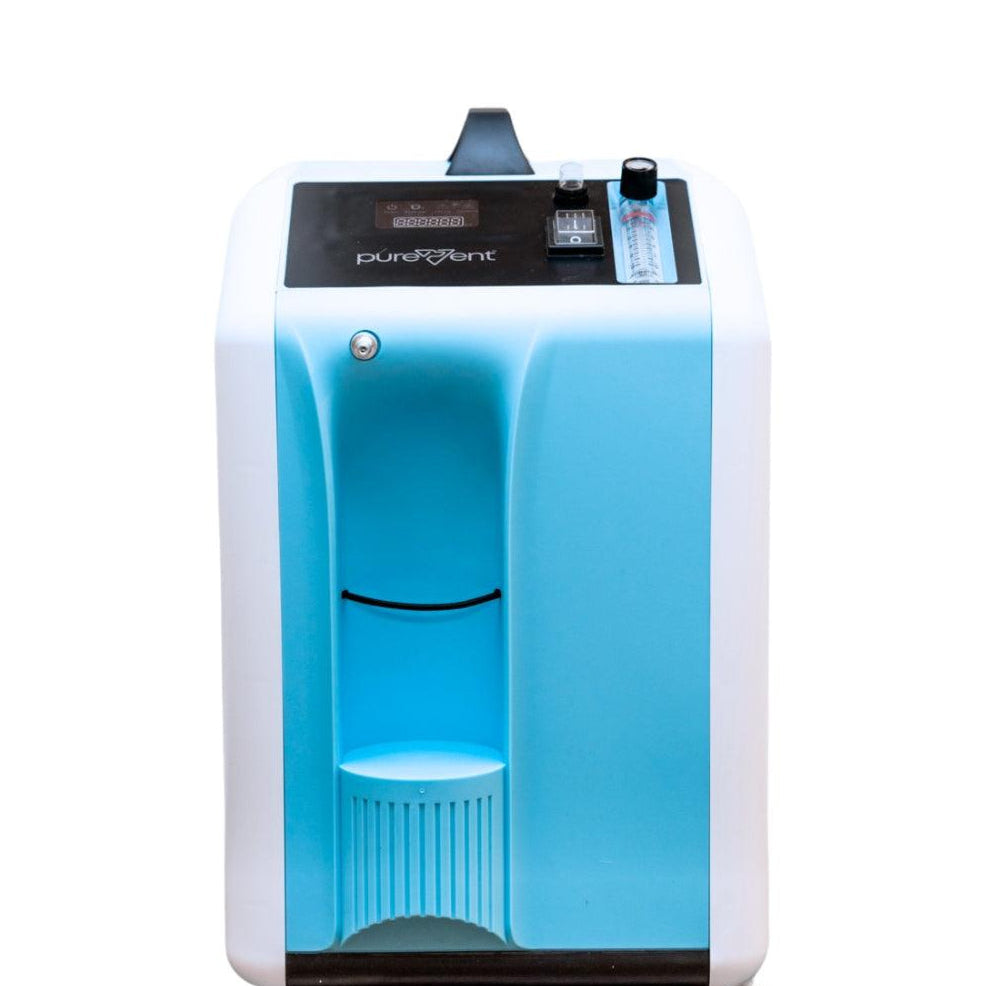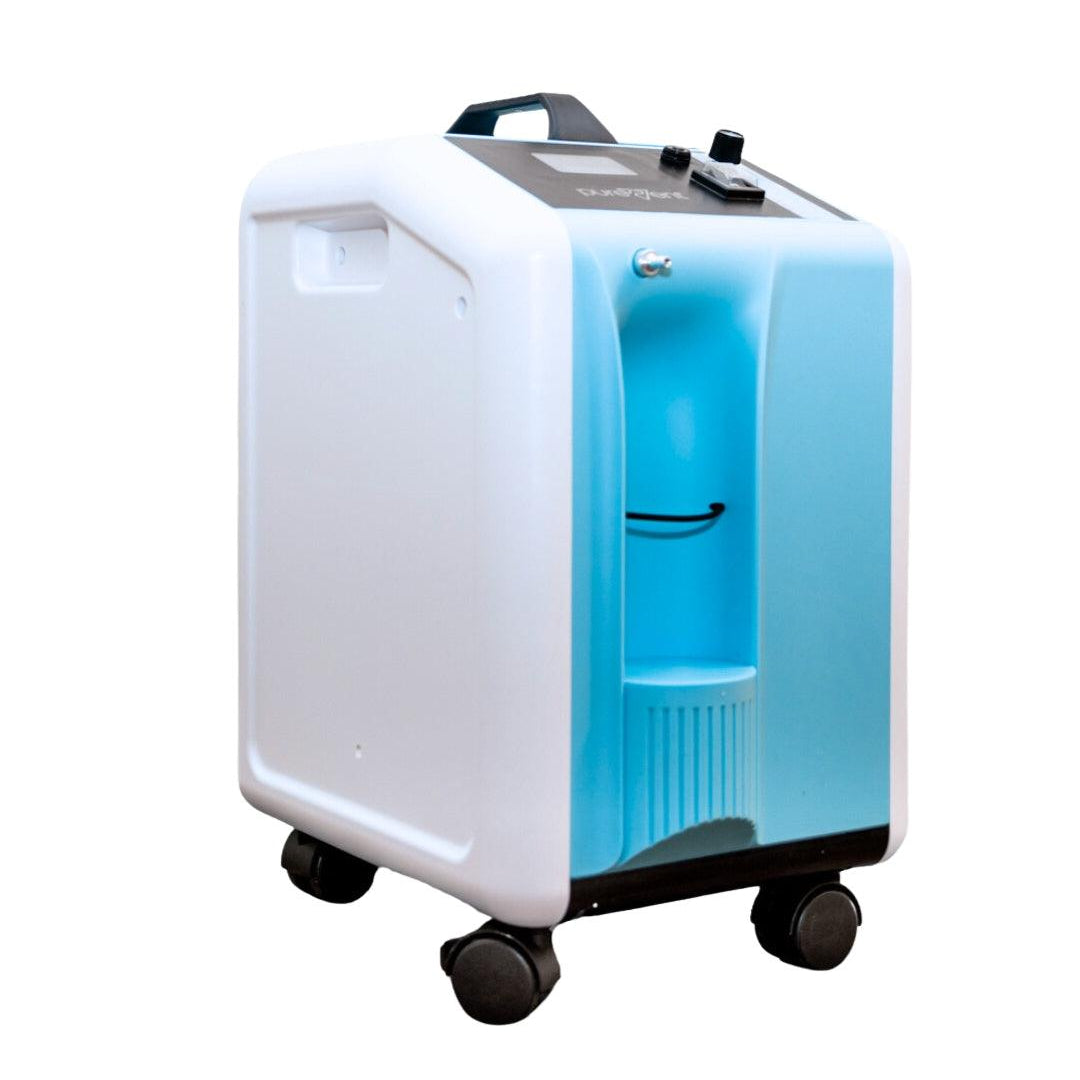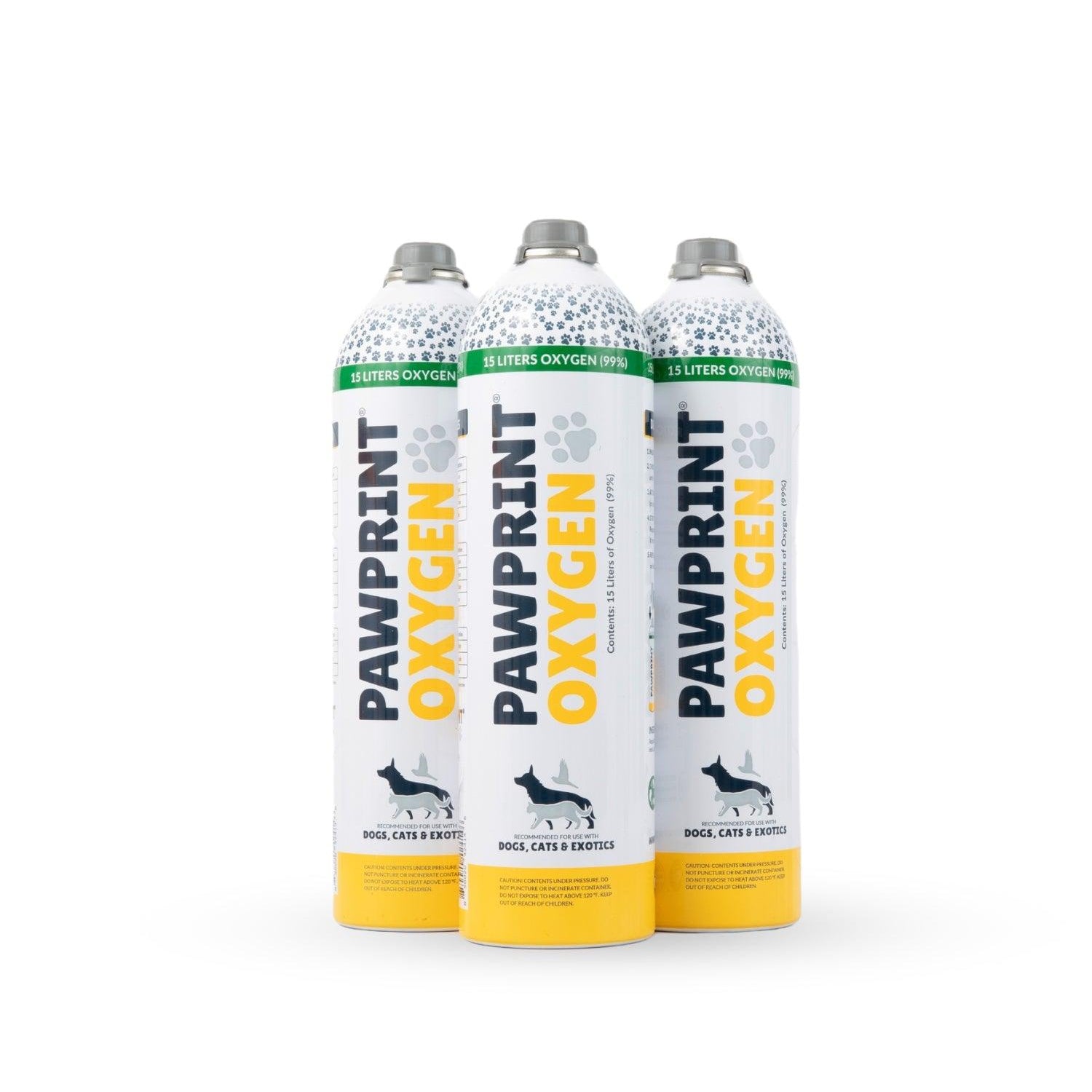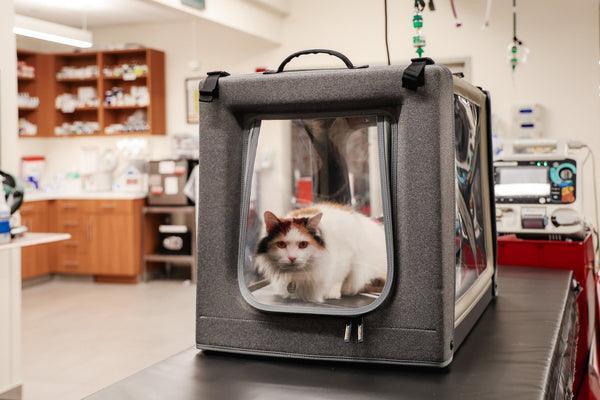Congestive heart failure (CHF) is a serious condition that affects many dogs, particularly as they age. This condition occurs when a dog’s heart can no longer pump blood efficiently, leading to a buildup of fluid in the lungs and other parts of the body. As a result, dogs with CHF may experience symptoms such as coughing, difficulty breathing, and fatigue. While medication, supplemental oxygen, and veterinary care are essential in managing congestive heart failure, diet plays a crucial role in supporting heart function and improving quality of life.
Feeding your dog the right foods can help manage fluid retention, maintain a healthy weight, and provide the necessary nutrients for heart health. Conversely, certain foods can exacerbate CHF symptoms, making it harder for your dog to stay healthy and comfortable. Understanding which foods to avoid is key to managing your dog’s condition and ensuring they enjoy happy, healthy lives.
In this article, we’ll explore what not to feed your dog with congestive heart failure. From high-sodium snacks to fatty treats, we’ll break down the dietary pitfalls to avoid and provide guidance on making heart-friendly food choices for your beloved pet.
Table of Contents
Understanding Congestive Heart Failure in Dogs
Congestive heart failure in dogs is a condition where the heart is unable to pump blood effectively, leading to a buildup of fluid in the lungs, abdomen, or other body tissues. This condition often develops gradually, as the heart becomes weaker and less capable of maintaining normal circulation. CHF can be caused by various underlying heart diseases, such as valve disorders, heartworm disease, or cardiomyopathy , and is more common in older dogs or certain breeds predisposed to heart problems.
Common Symptoms and Challenges in Managing CHF in Dogs
Recognizing the symptoms of CHF early is crucial for effective management. Common symptoms include:
-
Coughing:
Often more pronounced at night or after lying down, due to fluid accumulation in the lungs. -
Difficulty Breathing:
Labored breathing, shortness of breath, or rapid breathing are signs that the heart is struggling to circulate blood. -
Fatigue and Weakness:
Dogs with congestive heart failure may tire easily and be less interested in physical activities they once enjoyed. -
Fluid Retention:
Swelling in the abdomen ( ascites ), legs, or chest area due to fluid buildup. - Decreased Appetite and Weight Loss: Some dogs may lose interest in food, leading to weight loss and muscle wasting.
-
Restlessness or Anxiety:
Dogs may show signs of discomfort or restlessness, especially at night.
Managing CHF in dogs presents several challenges. The condition is progressive, meaning it typically worsens over time, and treatment focuses on slowing this progression and alleviating symptoms. Medications like diuretics, ACE inhibitors, and beta-blockers are commonly prescribed to help manage symptoms and support heart function. However, these treatments often need to be adjusted over time as the disease progresses, making ongoing veterinary care essential.
The Role of Diet in Managing Congestive Heart Failure in Dogs
Diet plays a pivotal role in managing CHF in dogs. A well-balanced diet can help reduce fluid retention, maintain muscle mass, and provide the nutrients needed for overall heart health. One of the most critical aspects of dietary management is reducing sodium intake, as excess sodium can lead to fluid buildup, exacerbating CHF symptoms.
In addition to controlling sodium levels, a balanced diet rich in high-quality proteins, essential fatty acids, and specific nutrients like taurine and L-carnitine can support heart function and overall well-being. Since CHF can also lead to weight loss or difficulty maintaining weight, providing sufficient calories and nutrients without overburdening the heart is vital.
By carefully selecting what you feed your dog, you can significantly impact their quality of life and help manage the progression of CHF. In the next section, we’ll delve into why diet matters for dogs with CHF.
How Certain Foods Can Exacerbate Congestive Heart Failure Symptoms
When managing congestive heart failure (CHF) in dogs, diet is a critical factor that can either help control symptoms or make them worse. Certain foods, particularly those high in sodium, fat, and other specific components like potassium , can exacerbate CHF symptoms and negatively impact your dog's heart health. Understanding the effects of these dietary components is essential for making informed food choices that support your dog’s well-being.
The Impact of Sodium on Heart Health For Dogs with Congestive Heart Failure
Sodium plays a significant role in fluid retention, which is a major concern for dogs with CHF. When a dog consumes foods high in sodium, it leads to increased water retention in the body, putting extra strain on an already weakened heart. This can result in a worsening of symptoms such as coughing, difficulty breathing, and swelling in the abdomen or limbs. Over time, high sodium intake can accelerate the progression of CHF, making it harder to manage the condition effectively.
To mitigate these risks, it’s crucial to avoid foods with high sodium content, such as processed meats, commercial dog treats that aren't labeled as low-sodium, and many human foods like chips or canned soups. Opting for low-sodium alternatives or specially formulated heart-healthy diets can make a significant difference in managing your dog’s CHF.
Portable Oxygen Kit for Dogs
Pawprint Oxygen's Portable Oxygen Kit for Dogs are designed to help your dog exactly when they need it. You can administer on-the-spot oxygen or oxygen in transport while on your way to emergency care. Dogs needing this rescue kit would likely suffer from more acute health conditions like seizures or be in a high-risk category that you'd like to keep a kit on hand to transport them with.
The Role of Fat in Heart Health For Dogs
While dogs need fat in their diet for energy and overall health, too much fat can be harmful, particularly for dogs with CHF. High-fat foods can contribute to obesity, which adds additional stress to the heart. Obesity can worsen CHF symptoms by increasing the workload on the heart and leading to further complications, such as high blood pressure and insulin resistance.
Furthermore, fatty foods can lead to gastrointestinal issues and pancreatitis, both of which can complicate the management of CHF. To keep your dog’s heart healthy, it’s important to choose lean protein sources and avoid fatty cuts of meat, fried foods, and high-fat dairy products.
Other Dietary Components Affecting Heart Health In Dogs
In addition to sodium and fat, other dietary components can impact heart health. For instance, foods containing caffeine (like chocolate) and theobromine (found in chocolate) are toxic to dogs and can cause serious heart issues, including arrhythmias. Sugary foods should also be avoided, as they can lead to weight gain and do not provide the nutrients necessary for heart health.
Potassium levels also need to be monitored, especially if your dog is on certain heart medications. While potassium is generally good for heart function, excessive intake can be problematic, particularly if your dog is taking potassium-sparing diuretics. This highlights the importance of a balanced diet tailored to your dog's specific needs.
The Importance of Consulting with a Veterinarian for a Tailored Diet Plan
Given the complexities of managing CHF in dogs, it's vital to consult with your veterinarian when planning your dog’s diet. Every dog is different, and factors like the severity of the condition, the presence of other health issues, and the medications your dog is taking all influence dietary needs.
A veterinarian can help you design a diet plan that addresses your dog’s unique needs, ensuring that they get the right balance of nutrients while avoiding foods that could exacerbate congestive heart failure symptoms. In some cases, your vet might recommend a prescription diet specifically formulated for dogs with heart disease, which can take the guesswork out of meal planning.
By working closely with your veterinarian, you can ensure that your dog’s diet supports their heart health, helps manage CHF symptoms, and improves their quality of life.
Foods to Avoid When Choosing a Diet for Dogs with CHF
When managing a dog with CHF, it’s crucial to be aware of specific foods that can worsen their condition. These foods can lead to increased fluid retention, unnecessary weight gain, and other complications that make it more difficult to manage CHF. Below is a detailed guide on foods to avoid, keeping your dog’s heart health in check.
High-Sodium Foods
Processed Meats : Processed meats like ham, bacon, sausages, and hot dogs are typically very high in sodium. These foods can cause significant fluid retention, increasing the strain on your dog’s heart. Even small amounts can be harmful, so it’s best to keep them entirely out of your dog’s diet.
Canned Foods with High Sodium Content : Unless labeled as low sodium, most canned foods, including vegetables, soups, and broths, contain high levels of salt. This added sodium can exacerbate CHF symptoms by promoting water retention and putting additional stress on the heart.
Commercial Dog Treats High in Salt : Many commercial dog treats are loaded with salt to enhance flavor and preserve shelf life. Always check the labels and opt for low-sodium or sodium-free treats specifically designed for dogs with heart conditions.
Table Scraps and Human Snacks : It can be tempting to share your food with your dog, but many human snacks are high in sodium. Items like chips, pretzels, and even some bread products can be harmful to dogs with CHF. It’s best to avoid giving table scraps altogether, especially those that contain added salt.
High-Fat Foods
Fatty Cuts of Meat and Poultry Skin : While protein is essential, fatty cuts of meat and poultry skin can lead to unnecessary weight gain and increase the workload on your dog’s heart. Choose lean protein sources instead, like skinless chicken breast or turkey breast.
Fried Foods and Unhealthy Fats : Fried foods are not only high in unhealthy fats but also often contain added salt. These foods can contribute to obesity, which further complicates heart conditions. Avoid giving your dog any fried foods, whether prepared at home or from restaurants.
High-Fat Dairy Products : Foods like cheese, butter, and cream are rich in fat and can contribute to weight gain. Over time, this extra weight can strain the heart and exacerbate CHF symptoms. If you want to include dairy in your dog’s diet, stick to low-fat or fat-free options and only in moderation.
Foods Containing Caffeine or Theobromine
Chocolate and Its Dangers : Chocolate contains theobromine , a compound that is toxic to dogs and can lead to serious heart issues, including arrhythmias. Even small amounts can be dangerous, especially for dogs with CHF. It’s vital to keep all chocolate products, including those with cocoa powder or chocolate chips, out of reach.
Is congestive heart failure more prevalent in certain dog breeds?
Yes, congestive heart failure (CHF) is more prevalent in certain dog breeds due to genetic predispositions and breed-specific health concerns.
Dog breeds that may be predisposed to CHF:
- Cavalier King Charles Spaniel
- Miniature and Toy Poodles
- Dachshund
- Doberman Pinscher
- Great Dane
- Boxer
- Irish Wolfhound
- Cocker Spaniel
What foods should I avoid feeding my dog with CHF?
If your dog has congestive heart failure, avoid feeding foods high in sodium, as excess salt can lead to fluid retention and worsen heart strain. This includes processed treats, deli meats, cheese, canned foods with added salt, and table scraps like chips or fast food . Also, steer clear of high-fat foods that may contribute to obesity, putting additional stress on the heart. Certain commercial dog foods may contain excessive sodium, so opt for low-sodium, heart-healthy diets recommended by your vet. Additionally, some dogs with CHF may require taurine and L-carnitine supplementation, so avoid grain-free diets linked to taurine deficiency-associated dilated cardiomyopathy (DCM) unless specifically advised by your veterinarian.
Can CHF go away on its own, or is it permanent?
Congestive heart failure does not go away on its own and is generally a progressive, lifelong condition. While it cannot be cured, early diagnosis and proper management with medications, dietary adjustments, supplemental oxygen therapy, and lifestyle changes can slow its progression and improve your dog's quality of life.
Treatment for CHF typically includes diuretics to reduce fluid buildup, ACE inhibitors to ease heart strain, and supportive therapies like oxygen or taurine supplementation if needed. Regular veterinary check-ups are essential to monitor heart function and adjust treatment and diet as needed. While CHF is permanent, proactive care can help your dog live a longer, more comfortable life.
Why does oxygen help pets with congestive heart failure?
Oxygen therapy helps pets with congestive heart failure (CHF) by increasing the amount of oxygen delivered to the blood and tissues. Pets with CHF have weakened hearts, limiting their ability to pump blood efficiently and causing fluid buildup in the lungs (pulmonary edema). Supplemental oxygen eases breathing difficulty, reduces stress on the heart, and alleviates symptoms such as rapid breathing, coughing, and fatigue. By improving oxygenation, pets experience increased comfort, enhanced quality of life, and potentially extended survival.
Low-Quality Commercial Kibble
High Carbohydrate Content and Fillers : Many commercial dog foods, especially lower-quality kibbles, are high in carbohydrates and fillers that provide little nutritional value. These foods can contribute to weight gain and may not meet the specific dietary needs of a dog with CHF. Choosing a high-quality, heart-friendly dog food, ideally one recommended by your veterinarian, can help ensure your dog gets the right nutrients without unnecessary fillers.
Importance of Choosing High-Quality, Heart-Friendly Dog Food : When selecting dog food, look for brands that prioritize high-quality ingredients, low sodium levels, and balanced nutrition. Prescription diets formulated specifically for dogs with heart disease can be particularly beneficial, as they are designed to support heart health and manage CHF symptoms effectively.
By avoiding the above problem foods and focusing on a heart-healthy diet, you can help manage your dog’s CHF more effectively and improve their quality of life. In the following section, we’ll explore healthy alternatives and tips for creating a diet plan that supports your dog’s heart health.
Foods High in Potassium (When Applicable)
Bananas, Spinach, Potatoes : While potassium is an essential nutrient, dogs with CHF who are on certain medications (like ACE inhibitors or potassium-sparing diuretics) may need to monitor their potassium intake carefully. Foods high in potassium, such as bananas, spinach, and potatoes, may need to be limited or avoided based on your veterinarian’s advice.
Pets with congestive heart failure (CHF) often experience reduced oxygen delivery to their tissues, triggering the body's stress response and increasing heart workload. Supplemental oxygen therapy can actually help break this harmful cycle by not only improving oxygen levels but also reducing the body's stress hormones, such as adrenaline and cortisol. This helps decrease the strain on the heart, significantly improving comfort and stabilizing the pet's condition during CHF episodes.
Healthy Alternatives and Recommendations
When managing a specialty diet for a dog with congestive heart failure, it’s not just about avoiding harmful foods but also about choosing the right alternatives that support heart health. Here are some healthy options and recommendations to help you provide the best diet for your dog with CHF.
Low-Sodium, High-Quality Protein Sources
Protein is vital for muscle mass and health. Choose low-sodium, high-quality protein sources like:
- Skinless Chicken or Turkey : Lean and naturally low in sodium, can be cooked plain.
- Fish : Salmon or white fish, rich in protein and omega-3s; opt for fresh or frozen without added salt.
- Lean Cuts of Beef or Pork : Trim visible fat and avoid sodium-rich seasonings.
These can also be healthy, homemade treats for dogs.
Safe Treats and Snacks for Dogs with CHF
Finding safe treats for a dog with CHF can be challenging, but there are plenty of options that won’t compromise their heart health:
- Fresh Vegetables : Carrots, green beans, and cucumber slices are low in calories and sodium, making them excellent snack options. They also provide fiber and essential vitamins.
- Fruits : Apples (without seeds) and blueberries are safe, low sodium treats that dogs often enjoy. Be sure to serve fruits in moderation due to their natural sugar content.
- Low-Sodium Commercial Treats : Some pet food brands offer low-sodium dog treats specifically designed for dogs with heart conditions. Always check the labels to ensure they meet your dog’s dietary needs.
These treats allow you to reward your dog without negatively impacting their health.
The Role of Supplements
Supplements can support heart health in dogs with CHF. Key supplements include:
- Omega-3 Fatty Acids : Found in fish oil, they improve heart function, reduce heart disease progression, and support skin and coat health.
- Taurine : An amino acid vital for heart health, especially in breeds prone to deficiency, helping reduce heart failure risk.
- L-Carnitine : Aids energy production in heart cells, beneficial for dogs with dilated cardiomyopathy.
Consult your veterinarian before adding supplements to your dog’s diet.
Prescription Diets Formulated for Heart Health
Veterinary diets are ideal for dogs with CHF, supporting heart health and managing symptoms. Benefits include:
- Low Sodium : Limits sodium to reduce fluid retention and heart strain.
- Balanced Nutrition : Provides essential nutrients without worsening CHF.
-
Heart-Healthy Ingredients : Includes omega-3, taurine, and antioxidants for cardiovascular health.
Examples include Hill's Prescription Diet h/d and Royal Canin Veterinary Diet Early Cardiac . Consult with your vet for the best diet for your dog.
Monitor Potassium Levels and Calorie Intake
Monitor your dog's diet, focusing on potassium levels and calorie intake:
- Potassium Levels : If your dog is on ACE inhibitors or potassium-sparing diuretics, limit potassium intake. Foods high in potassium, like bananas, spinach, and sweet potatoes, should be given in moderation or avoided based on vet advice.
- Calorie Intake : Maintain a healthy weight to reduce heart strain. Watch portion sizes and avoid overfeeding. If your dog loses weight due to CHF, your vet may suggest a higher-calorie diet to maintain muscle mass.
Working alongside your vet is the best way to create a diet that supports heart health, manages CHF symptoms, and promotes overall well-being.
Regular Vet Check-Ups to Monitor Diet and Health
Routine veterinary check-ups are critical for dogs with CHF. These visits allow your vet to monitor your dog’s health, adjust their treatment plan as needed, and ensure their diet is meeting their needs. Here’s what to focus on during these check-ups:
- Weight Monitoring : Keeping track of your dog’s weight is essential for managing CHF. Your vet will weigh your dog at each visit and help you adjust their diet to maintain a healthy weight. Whether your dog needs to lose weight, gain weight, or maintain their current weight, regular monitoring is key.
- Nutritional Assessments : Your veterinarian can assess your dog’s overall nutritional status, including checking for deficiencies or imbalances. Blood tests might be recommended to monitor electrolyte levels, especially if your dog is on medications that affect potassium or sodium levels.
- Adjusting the Diet as Needed : CHF is a progressive condition, and your dog’s dietary needs may change over time. Regular check-ups allow your vet to adjust their diet plan based on their current health status, medication regimen, and any new symptoms that arise.
-
Discussing Supplements and Medication Interactions : If your dog is taking supplements, it’s important to review them with your vet to ensure there are no interactions with their medications. Your vet can also recommend any additional supplements that may be beneficial for your dog’s condition.
By maintaining regular vet check-ups, you can stay ahead of any potential issues and ensure that your dog’s diet continues to support their heart health and overall well-being.
Feeding for a Long, Healthy Life
Managing congestive heart failure in dogs can be complex, but a heart-healthy diet can significantly help. Avoid high-sodium, high-fat foods and choose nutritious, low-sodium options to reduce heart strain and manage symptoms. A good diet supports heart function and overall well-being.
Each dog with CHF is unique, so consult your vet to create a personalized dietary plan. Regular check-ups and diet monitoring are essential for providing the best care.
Small changes like reading food labels, controlling portions, and adding heart-healthy supplements can improve your dog's quality of life. With the right diet, veterinary support, and love, your dog can live a healthier and happier life with CHF.
